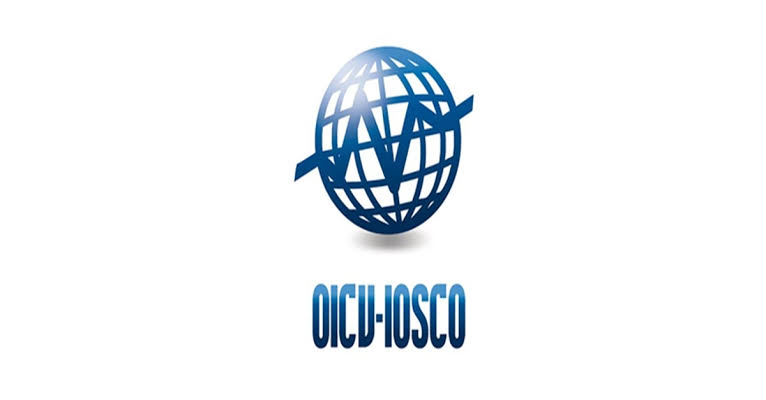The global standards body that governs the securities markets has released guidelines for managing decentralised finance (DeFi) as its members—roughly 130 jurisdictions—think through how best to regulate the sector.
Just one month after releasing guidelines for policing cryptocurrency markets, the International Organisation of Securities Commissions (IOSCO), whose members oversee more than 95% of the global securities markets, released its policy recommendations for decentralised finance (DeFi)..
Regulators have found it difficult to address DeFi because it theoretically lacks a central authority that could be under oversight. However, in a September report, IOSCO advised governments to identify the parties in charge of novel financial applications and to regulate them in the same way as conventional finance.
“Given the similar economic functions and activities of DeFi and traditional financial markets, many existing international policies, standards, and jurisdictional regulatory frameworks are applicable to those DeFi activities and those mechanisms that govern them,” the agency stated.
According to IOSCO, rules should be amended to apply in situations where they do not currently. The DeFI guidelines address how to determine who is at fault, how to establish precise disclosure guidelines, and how to implement legal requirements.
Responsible individuals are those “exercising control or sufficient influence over a financial product offered, financial service provided, or financial activity engaged in (or over products, services, and activities that behave like, or have been substituted by investors for, financial products, services, and activities) by the DeFi arrangement.”
Accordingly, doing business as a decentralised autonomous organisation (DAO) as opposed to incorporating does not “abdicate these persons and entities of their regulatory responsibilities,” according to IOSCO. “Regardless of the labels, organisational forms, or technologies used, persons and entities who offer or provide financial products and services and engage in financial activities should be subject to applicable laws.”


